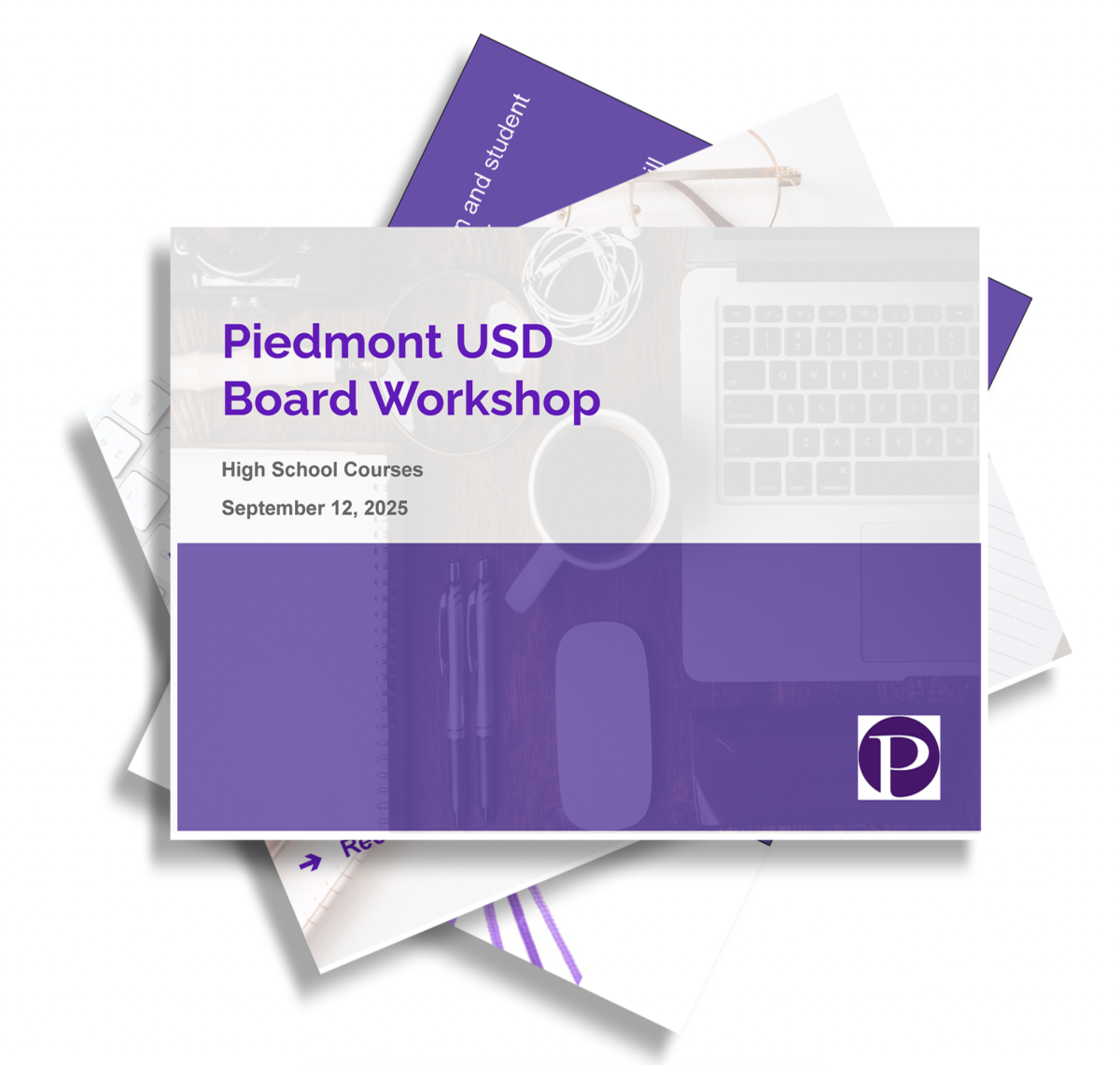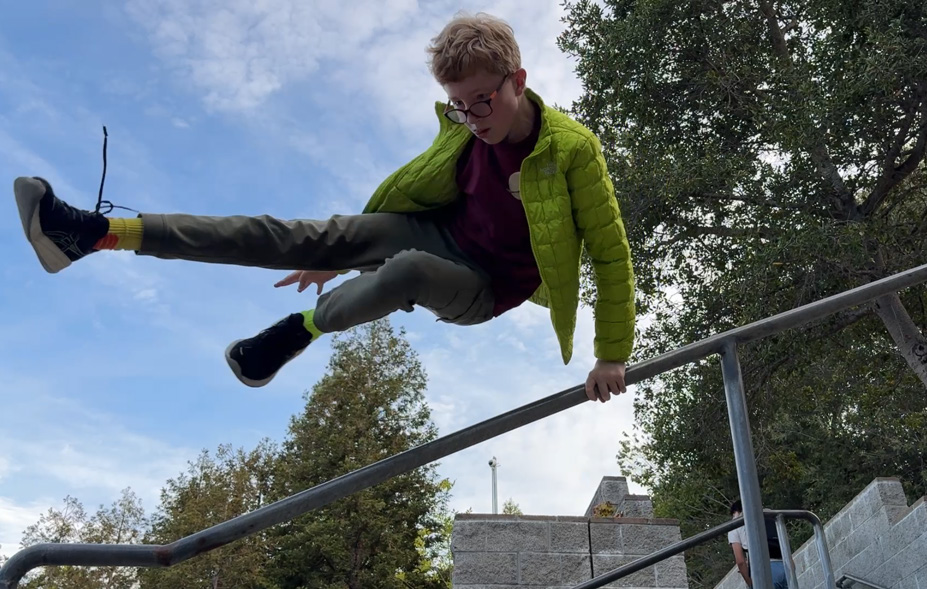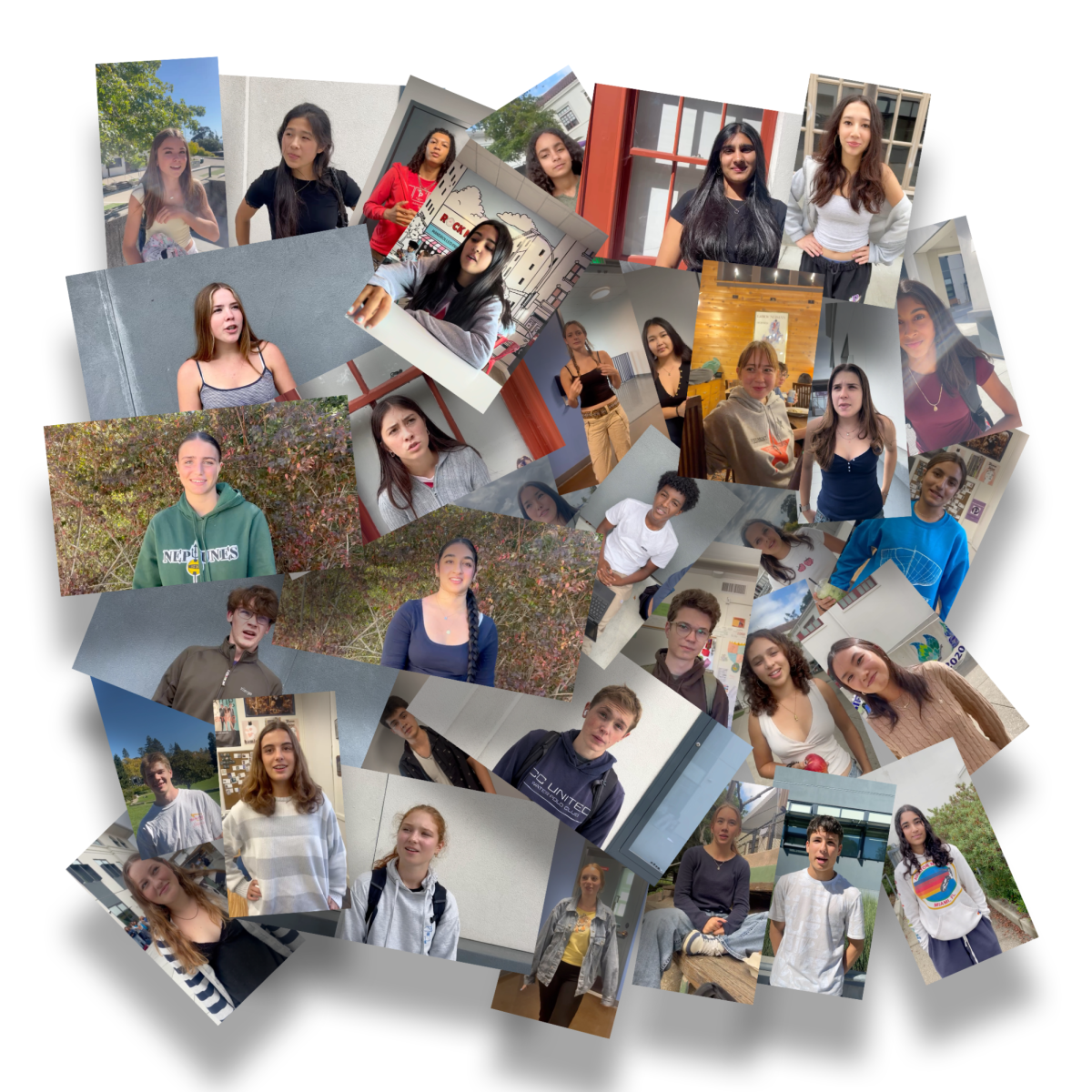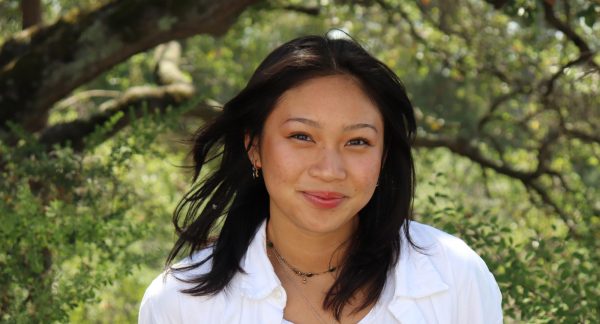My mom resigned from her role as the president of her company last year. Initially, I was baffled that someone would give up the esteemed position that her colleagues would have fought tooth and nail to obtain. But she explained it like this: her life had never been defined by her professional achievement; her colleagues were friendships that nurtured her heart, her bosses and employers were mentours that shaped her character.
Her success and prestige of her title trifled in the scope of her life.
Many of us have had our education routes carefully structured before even stepping foot on the highschool campus. We’ve calculated our grades and GPAs, we’ve thought about the length and prestige of our resumes.
Making our way through our courses we strain and toil. We sit down for a test and exchange information–who got what grade, how did we study, who knows what. Undoubtedly, we compare ourselves to our peers, criticizing ourselves for not having done enough.
These conversations with my peers did not begin with senior year; in fact, we’ve had our minds on these questions since freshman year.
And now, in my senior year, this pre-test anxiety looks the same, only much larger. Now, I ask myself if, in every waking moment of these past four years–have I done enough?
Compressing math in middle school, college courses, APs, honors, summer work, mock trial, debate, community service, sports, leadership.
When I talk to my peers, my resume is short and unimpressive; my grades are OK. Did I waste my time?
No.
AP and honors course enrollment outnumber their regular-weighted course options in senior english, math analysis, chemistry, and physics, according to the PHS Master Schedule. In our AP and honors classes, we scour the internet for answers to study-guide questions. We are guilty of cheating, copying notes, and looking for the easiest way to obtain an A on our transcript in these rigorous courses that we feel pressured to take.
Reflected in our corner-cutting habits, we view our advanced courses as nothing but GPA boosts, rather than opportunities to challenge ourselves or to lean deeper into a subject. I believe that likewise is the same for our extracurricular activities; for many, they are ornaments for our resumes, rather than experience and personal growth opportunities.
If, as a student body, we spend our teenage years contorting into the perfect college candidate, do we miss out on growing ourselves as individuals?
We become one-size, one-path people in our race to be outstanding applicants.
According to College Vine, nearly all colleges use some sort of holistic admissions process. These holistic reviews intend to understand an applicant’s complete narrative in terms of ability, character, and potential in their professional career.
Furthermore similar approaches are used in hiring in the professional world. According to Forbes, many recruiters embrace holistic approaches to hiring, meaning they carefully consider the “softer” profile of an applicant–this might be their interpersonal skills, personality, and how they will contribute to the workplace culture.
These factors are not skills we learn or may put on a resume. These are characteristics that can only be nurtured through life experience.
I worry that when we devote ourselves so deeply to our academic and professional achievements in these crucial years of youth and development, we may neglect the importance of maturing.
One half of maturity is the capability and responsibility to motivate ourselves independently, which is a skill many of us have earned through our ambitions.But the other half of maturity is emotional, and that can only be achieved through personal and emotional experience. Through living.
In the race to become the best applicants we can be, we must consider what we sacrifice.
Our futures and our chase for success will forever be present in our lives, this stress we feel now does not end even if we get into our dream schools.
But as we continue to work towards our futures and chase our ambitions, I implore us all to cultivate our passions equally and nurture our growth as individuals. We may always compare our achievements to those of others, we may always feel “less than” or unaccomplished in this sense; but our most valuable asset is in our hearts, our character, and the experiences that guide and strengthen us.
I encourage you all, moving forward, to embrace the moment you live in; there is always a future to worry about. Who will you be when you get there?





























